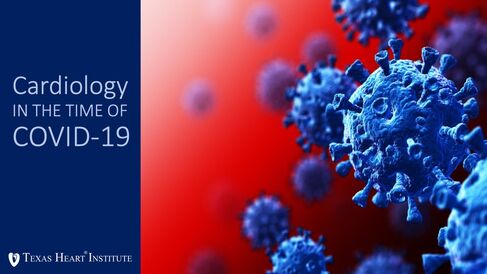
A Fellow of St Catharine’s College, Professor Anthony Davenport (1995), is a senior author of a new study that uses artificially-grown heart cells to advance the search for new therapies for patients with COVID-19.
Professor Davenport explains, “The SARS-CoV-2 virus continues to mutate and three new strains are causing concern as they are more infectious. Current vaccines that stimulate the immune system to produce antibodies to the virus spike protein may be less effective against one or more of them. This is also true for monoclonal antibodies, synthetic versions of these infection-fighting proteins that are in late stages of clinical trials. This emphasises the importance of finding new medicines that block the proteins on the surface of our cells, to stop the virus entering and replicating.”
Viral particles of SARS-CoV-2, the virus responsible for COVID-19, have been shown to penetrate cells that make up the heart muscle. Damage to the heart has emerged as a major risk factor for adverse outcomes in patients with COVID-19 and is thought to contribute to the post-viral recovery symptoms of “Long Covid”.
Consequently, heart cells are of particular interest for Professor Davenport and a cross-disciplinary team of researchers from the University of Cambridge (Experimental Medicine and Immunotherapeutics, Wellcome-MRC Cambridge Stem Cell Institute, Cambridge Institute of Therapeutic Immunology & Infectious Disease) and the University of Colorado. Their new study aimed to develop a way to test if drugs can block entry of the SARS-CoV-2 virus into heart cells grown artificially in the laboratory.
These cells have the same special proteins that the SARS-CoV-2 virus uses to enter patients’ tissues, making them valuable as a model system. The team infected the cells with a virus decorated with the SARS-CoV-2 spike protein, which cannot make copies of itself once inside a cell and can be safely used in a laboratory setting.
The study found that an existing medicine, and other compounds not previously reported, were able to block the virus from entering heart cells. By releasing their findings, the team hopes this novel approach will be used by scientists worldwide to test much larger numbers of existing medicines, as well as new anti-viral drugs under development, ahead of further testing in the clinic.
The study findings have been deposited as a preprint in bioRxiv, with peer-review publication expected to follow shortly.
